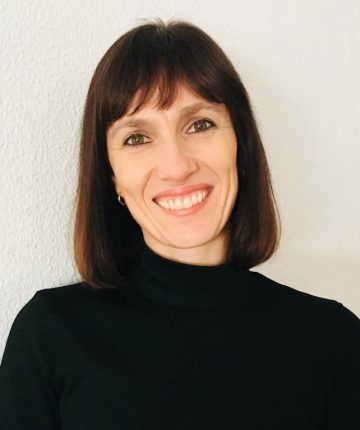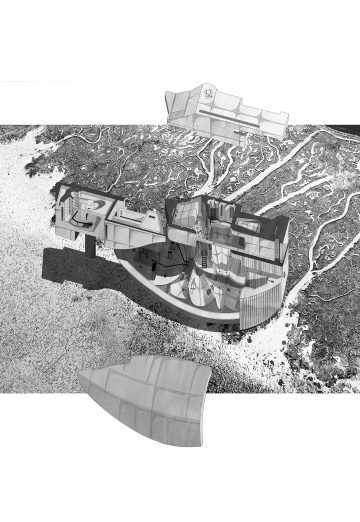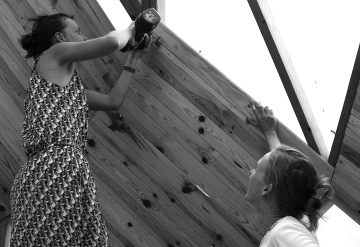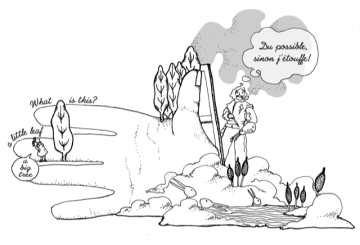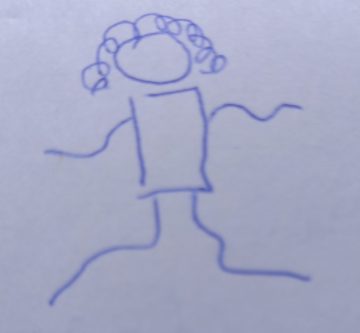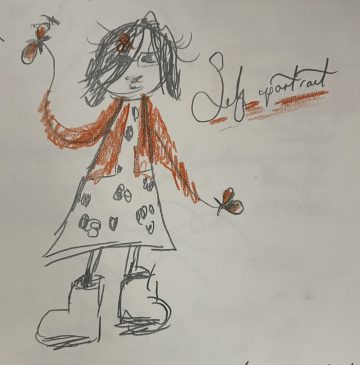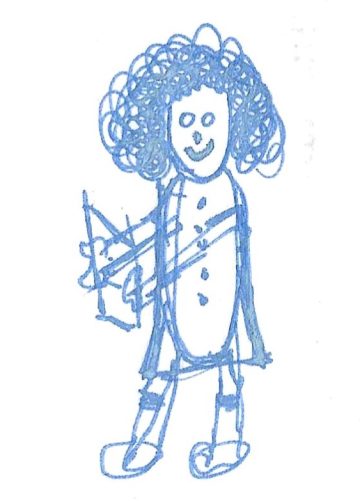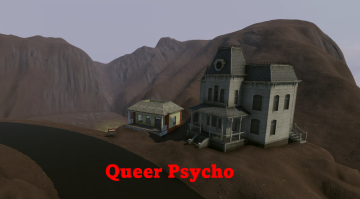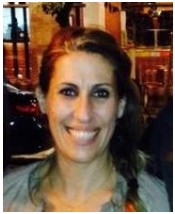
Source: Dr Tragou
Seminar on the 2nd November 2022:
Ethics-Research-Practice: Two is company, three is a crowd.
In this online seminar Dr Elena Tragou, a systemic psychologist-psychotherapist the relationship between ethics, research and practice.
How can we understand the three from a systemic point of view? How does “Aesthetics” clarify (if it does) the intertwining relationship of the three? A tour de force has been unfolding during the last four decades where professionals of mental health, researchers and educators have been opening up the dialogue on ethics, practice and research from an epistemic and ontological point of view. It seems that unless we contextualize the meaning of these ideas in a systemic epistemology we, as professionals, will be losing the great significance of their connections by focusing on the divided, Cartesian way of understanding them. May the tour go on…
Click to download the presentation slides.
Dr Elena Tragou is a systemic psychologist-psychotherapist, researcher, educator and a writer. She has published two books on clinical assessment, numerous research articles and has been participating in European and International conferences presenting her work on systemic research and therapy, human communication, and supervision and therapy. She is a clinical member of APA and AAMFT, Registered MHT, and a member of ELESYTH.
Subscribe to the recordings:
Video hosted on the PAR YouTube channel.
Audio hosted on the PAR Buzzsprout channel and can be listened to on Spotify, Apple podcasts or on other RSS podcast apps.
The Practice As Research network with its resources is free and always will be, but it does of course incur costs to run and to keep it running. If you use it and benefit, enjoy it and would like to keep it going, please, consider leaving something in the tip jar. Thank you!
